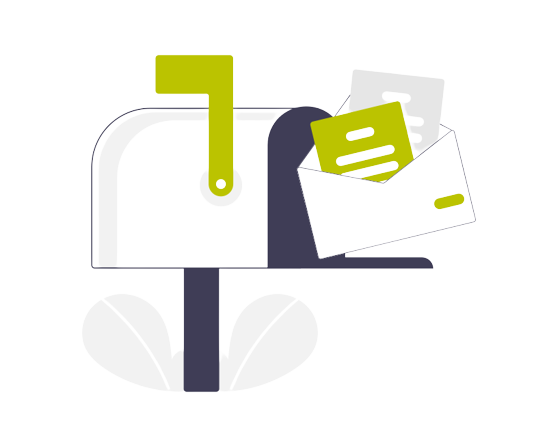Unfortunately, for many people, taking pain medication is a normal practice. However, they care little about how their diets affect the medication’s efficacy and overall well-being. Whether you are an acute or chronic pain patient, your food will help determine your body’s response to pain management medication.
This article will help you determine whether you should alter your eating habits if you take pain medicines. It will also discuss what foods to avoid and what foods can be helpful for your healing process.
First, let’s look at the relationship between diet and pain management.
Contents
Diet and Absorption
The nutrition you eat determines the extent to which your body will be able to absorb pain-relieving drugs. Your body also dictates how some foods can compound the effect of the drugs you are taking or even neutralize them.
For instance, fats can enhance the uptake of some drugs by reducing the rate at which the food is passed through the small bowel, enabling the drug to be absorbed into the bloodstream. However, some foods containing high levels of fiber may help improve digestion and metabolism, decreasing the effectiveness of certain pain-relieving medicines. Thus, some foods can either enhance or diminish the effects of the medication that you’re taking.
Diet and Side Effects
Diet also has a direct influence on the side effects of pain medication. Some drugs for regulating pain, such as Kratom tablets (7-OH Kratom) and Opioids, come with certain side effects like nausea, constipation, pains in the stomach, and increased possibilities of ulcers. These pain medication side effects necessitate one to be keen on what you take as it may either escalate the effects or help you cope with them. Understanding how nutrition affects the body is a valuable asset for anyone guiding others through physical health routines.
For example, in the case of Kratom, it is a powerful and popular alkaloid prevalent in the Kratom plant. The online or over-the-counter medication contains effective psychoactive properties that provide natural and highly potent pain relief. Even though this is quite rare, Kratom tablets have been known to cause some dehydration. Hence, it is advisable to maintain a proper fluid intake when taking Kratom tablets (or 7OH tablets) for pain management to reduce some of the possible adverse effects characterized by dryness in the mouth and constipation.
On the other hand, opioids, which are used for more severe pains, have been known to cause constipation. To balance this, it is advised to consume a fiber-rich diet. Dietary food such as whole grains, fruits, and vegetables and adequate water intake can lead to regular bowel movements, hence minimizing constipation.
Foods To Avoid When on Pain Management
Alcoholic Beverages
While on pain management, combining alcohol and paracetamol is a very dangerous act. Alcohol increases the sedating effects, responsible for causing more drowsiness, dizziness, and, in extreme circumstances, respiratory arrest, which is usually fatal. Alcohol is known to also be a substance that affects the liver and, therefore, should not be taken alongside acetaminophen, which is also metabolized in the same body organ.
High-Sodium Foods
When taking pain relievers like Corticosteroids, often used in inflammatory diseases, one should pay close attention to sodium intake. These medications lead to sodium and water retention, hence increased blood pressure and generalized swelling. These side effects could be minimized by avoiding increased sodium intake of products such as processed snacks, canned soups, and fast foods.
Grapefruit or Juice
Grapefruits and even grapefruit juice should be disregarded if one is under medication. They have compounds that inhibit enzymes, which pass through the liver to metabolize the drug. This may result in a build-up of the medication in your system, raising the likelihood of adverse side effects. In any case, you should consult your doctor or pharmacist and ask if it is safe to take grapefruit or juice with the prescribed medication.
Foods That Aid Pain Management
Here are some foods you are recommended to change to when taking painkillers.
Anti-Inflammatory Foods
Consumption of anti-inflammatory foods is useful in supporting the administration of pain relief medication for chronic pain and inflammatory diseases such as arthritis. Fish, flaxseeds, and Nevada Enhanced for omega-3 fatty acid content inform the body to decrease inflammation. Also, foods rich in antioxidants, such as berries, green leafy vegetables, and tomatoes, may benefit from fighting oxidative stress and inflammation.
High-Fiber Foods
If you are in a group that uses opioids, it is advisable to take high-fiber foods as this will counter the effect of constipation, which is a common side of opioids. A proper diet includes oats, beans, lentils, and fresh fruits that enhance bowel movement in the body.




